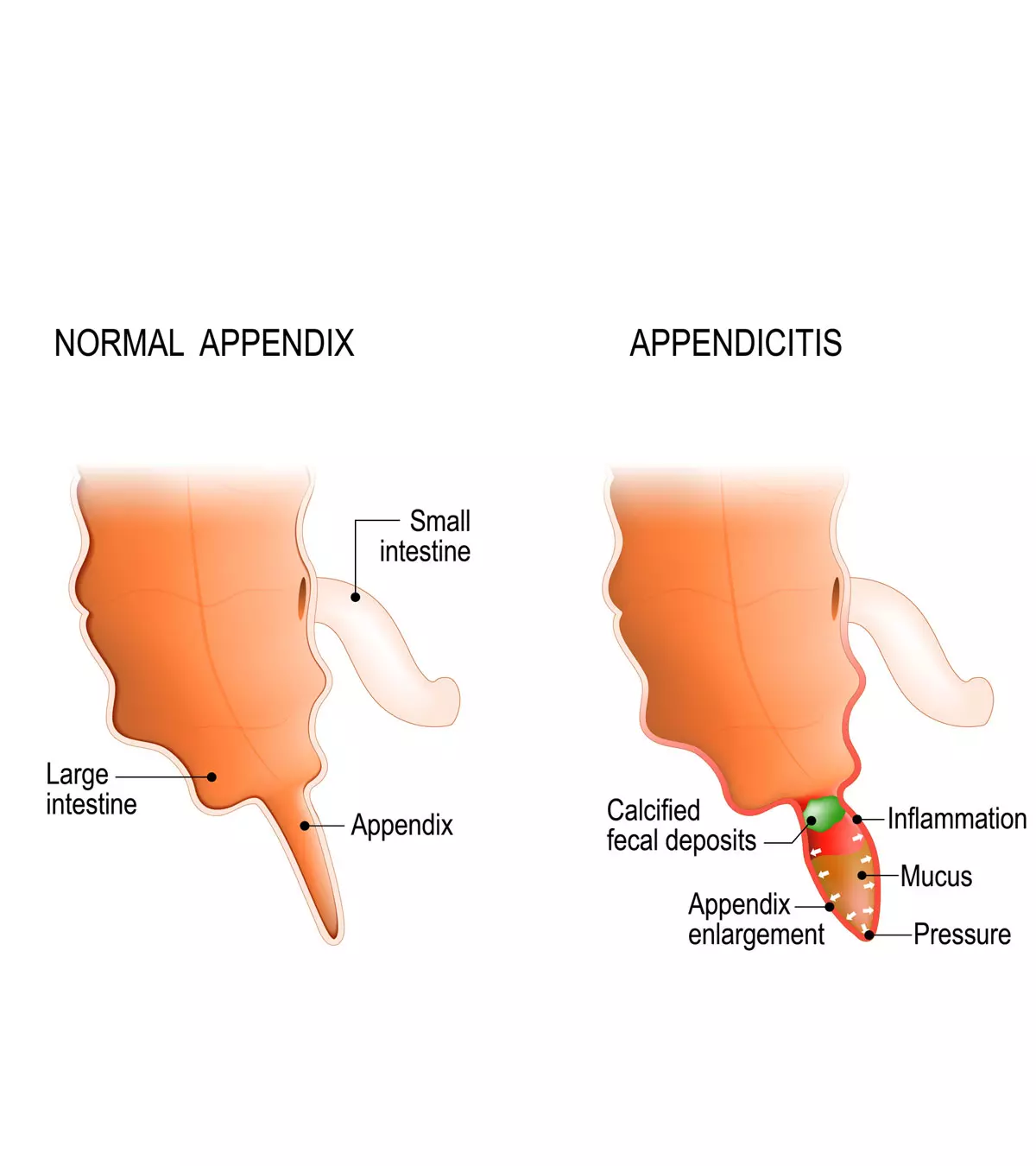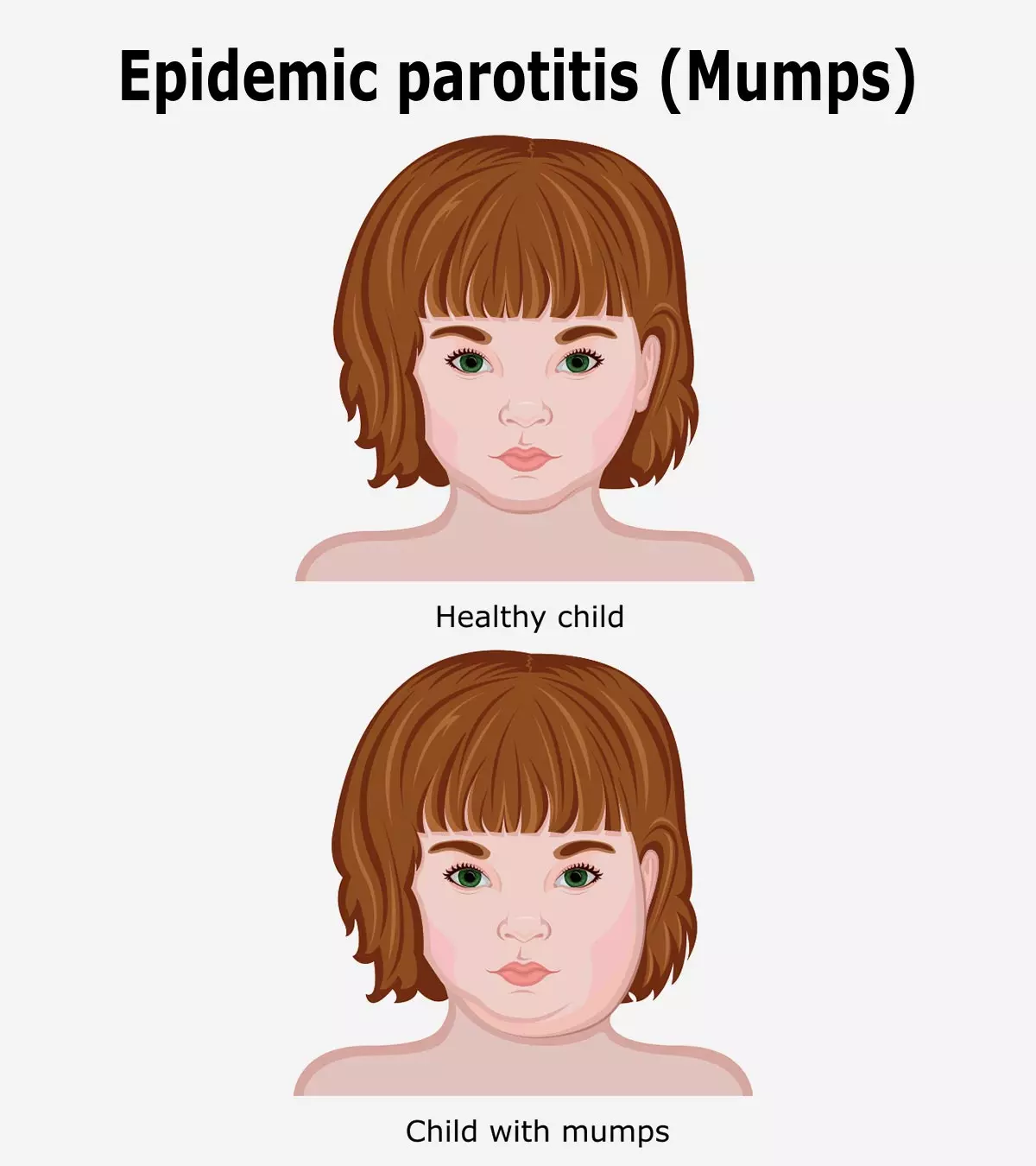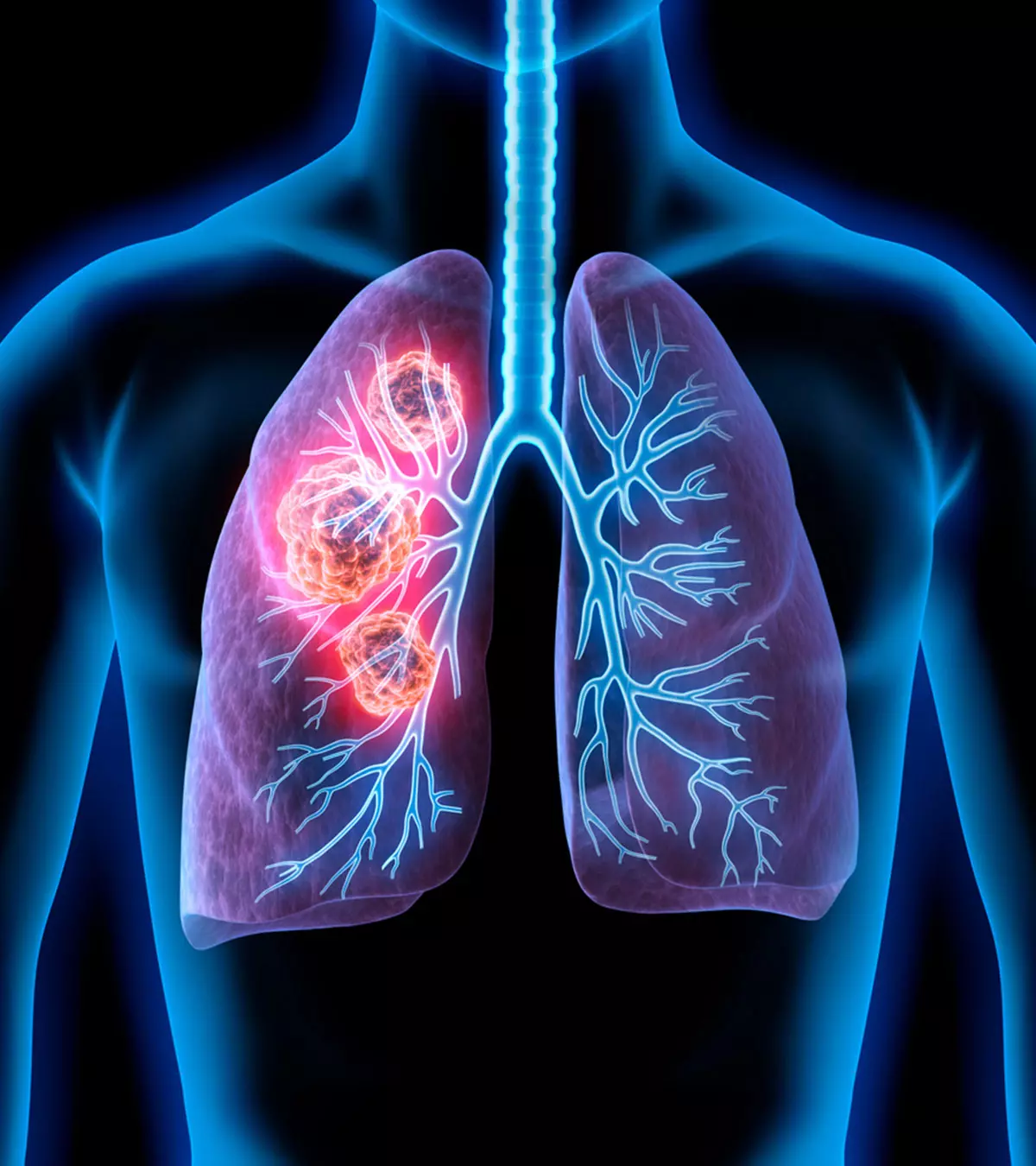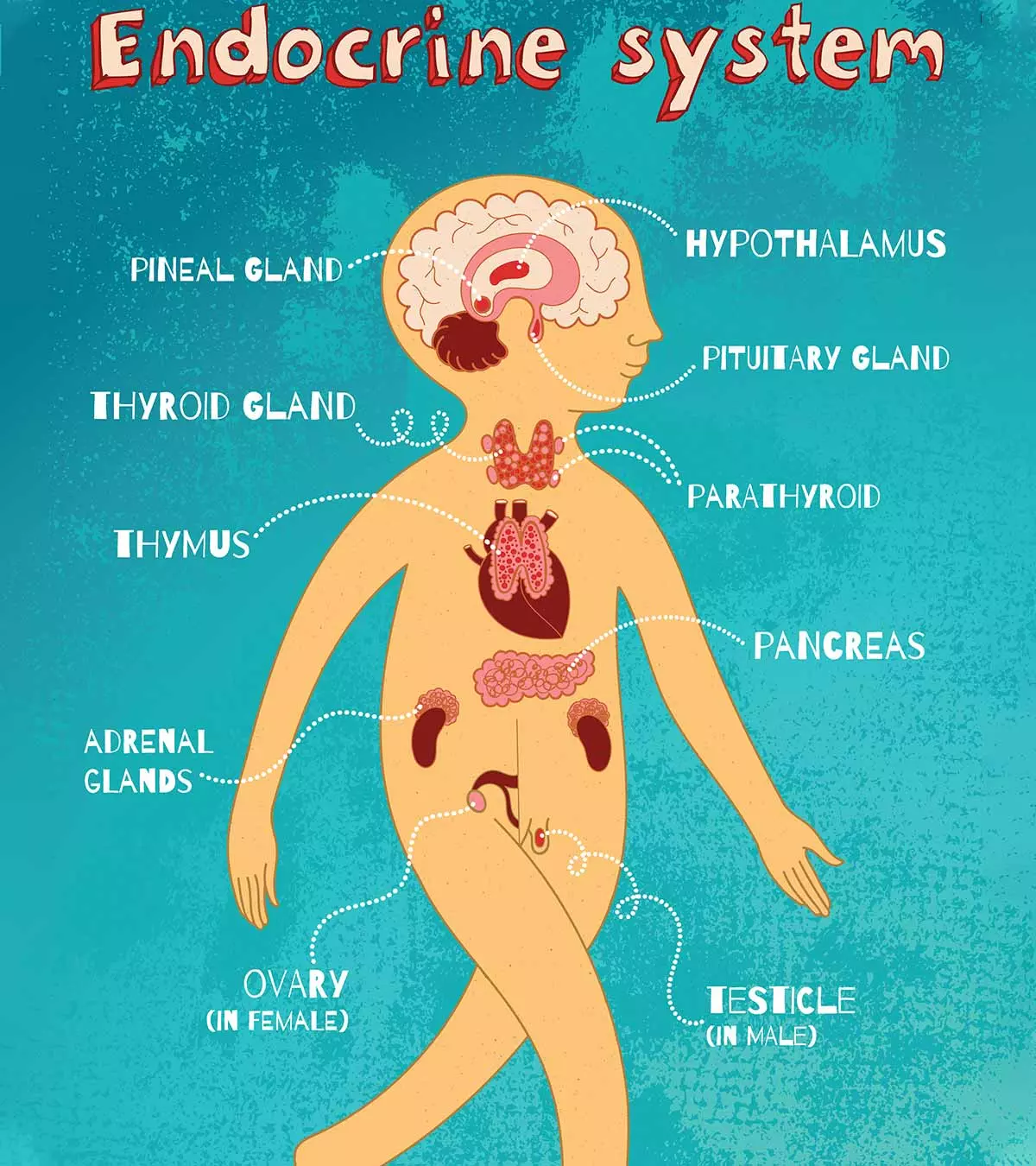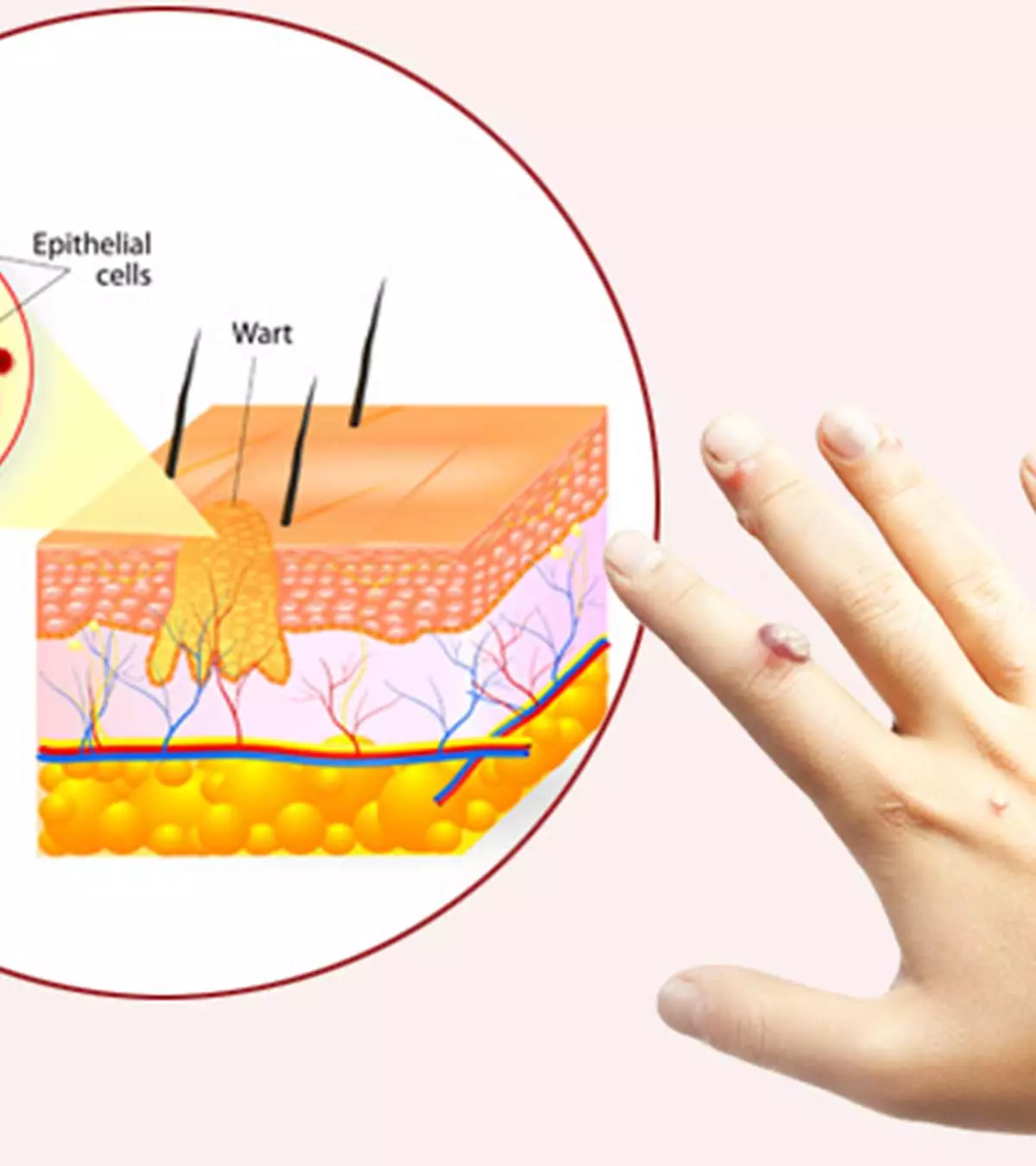
Image: Shutterstock

Dyspraxia in teenagers can adversely affect their lives due to trouble doing certain activities and clumsiness. It is a developmental coordination disorder (DCD) that causes motor coordination difficulties. Poor coordination can result from issues in the brain processing stimuli to muscles, and it may affect teens’ learning, academic performance, and social skills. In addition, some may have problems with emotional regulation and social relationships in their teen years due to physical limitations (1).
Some children with dyspraxia can have symptoms from the early years of life. However, the diagnosis is only established around four or five years when the child can do many coordinated activities (2). Although it is not curable, appropriate therapies and training help the teen cope. Read on to learn more about the causes, signs, and management of dyspraxia in teenagers.
Key Pointers
- Dyspraxia can cause physical, cognitive, and emotional problems for teenagers by affecting their motor skills.
- The cause of dyspraxia is unknown, but traumas, infections, strokes, and low birth weight may contribute to its development.
- Teens with dyspraxia may experience difficulty using their arms and legs, clumsiness, or trouble solving problems.
- Occupational and physical therapists can assist with motor skill development, while behavioral and psychotherapies can improve interpersonal skills.
Causes Of Dyspraxia In Teens

Image: IStock
The exact cause of dyspraxia is not clear. Anything that interferes with the nerves and parts of the brain responsible for the coordinated movements could result in dyspraxia and movement problems. The prevalence of DCD is about 6 percent. It is more common in boys than girls.
The following factors may increase the risk of dyspraxia in children (3).
- Positive family history of developmental coordination disorders (DCD)
- Premature birth (birth before 32 weeks 37th week of gestation)
- Low birth weight
- Maternal alcohol use and substance abuse during pregnancy
Trauma, certain diseases, and stroke may also cause dyspraxia due to brain damage.
Some teens may have dyspraxia without any brain injury or other causes (4).
 Research finds
Research findsTypes Of Dyspraxia
The type of dyspraxia is determined by the symptoms present, and includes (4):
- Oral dyspraxia: Difficulty in performing mouth and tongue movements
- Verbal dyspraxia: Problems with speech
- Motor dyspraxia: Difficulties in gross motor skills, such as writing, dressing, walking, etc.
Some teens may have one type of dyspraxia, whereas some may have more than one type.
Symptoms Of Dyspraxia In Teenagers
Symptoms of DCD can present in early infancy with difficulties in sucking and swallowing, and a delay in achieving motor milestones, persistent toe walking, wide based gait after 14 months of age, speech problems, and persistent drooling. In early childhood, they present with difficulties in performing simple motor tasks (such as running, buttoning a shirt, tying shoelaces, or using a pair of scissors). The motor planning difficulties persist into adolescence as sensory processing issues.
Symptoms of dyspraxia may vary depending on the area of the brain or nerves affected. The severity of each type may vary in different teens.
The following dyspraxia symptoms are often seen in teens (5).
- Difficulty in performing physical activity and sports. Problems with simple actions, such as running, jumping, hopping, and kicking, or hand-eye coordination required for catching a ball.
- Lack of coordination in body movement and clumsiness while performing various actions.
- Trouble while walking up or down a flight of stairs.
- Handwriting appears scribbled while drawings appear shabbier than that of their peers.

Image: Shutterstock
- Trouble while using certain objects, such as scissors.
- Dressing difficulties, such as trouble tying shoelace and doing the buttons.
- Problem in keeping still with tendency to move arms and legs often.
- Difficulty in learning how to use cutlery.
- Tendency to drop items often, bump into objects, and trip often.
Some teens may have problems other than motor skills, such as (5):
- Cognitive difficulties such as poor concentration with difficulty focusing on something for more than a few minutes.

Image: IStock
- Difficulty following instructions and understating information.
- Slower than their peers in learning a new skill.
- Poor ability of organizing and doing things.
- Difficulty in being social and making friends.
- Behavioral issues and low self-esteem due to physical difficulties.
The following conditions are often seen in teens with dyspraxia (5).
- Attention deficit hyperactivity disorder (ADHD)
- Dyslexia
- Autism
Some children may show symptoms, such as unusual body postures, difficulties in crawling, walking, etc., early in life. Definite diagnosis is made after four or five years of age, since developmental milestones may slightly vary in each child.
If your teen has any symptoms of dyspraxia such as a lack of perceptual motor skills, seek medical help for an exact diagnosis. Sometimes, children may have these symptoms and difficulties due to other diseases or conditions. Early diagnosis and training can improve the quality of life in such cases.
Cerie Huges, a vlogger with dyspraxia, says, “I have messy handwriting because of the coordination aspect of the hand-eye coordination. It affects the way I talk.”
She remembers how the disorder had affected her during her educational years and adds, “I was that child who was the daydreamer in school. I could not keep up with taking notes off the board. So, my experience with dyspraxia was lifelong, and it has affected me in many ways and I wasn’t really diagnosed until I was 19. So, I had gone through almost all of my educational life without even realizing that I had this disorder. When I was 16-17 and still didn’t know my left and right, I knew that was a problem (i).”
 Quick fact
Quick factDiagnosis Of Dyspraxia In Teens

Image: IStock
Diagnosis of dyspraxia is made by a pediatrician, occupational therapist, or psychotherapist based on the teen’s motor skills assessment. The commonly used diagnostic method is Movement Assessment Battery for Children (MABC), which involves assessing your teen’s ability to perform (6):
- Gross motor skills, such as balancing, jumping, moving, and body movements that require the use of large muscles.
- Fine motor skills, such as drawing, writing, etc. involving the use of small muscles for accurate movements.
Your teen’s scores are compared to standard scores of the same age group to establish the diagnosis. Pediatricians or psychologists may also assess your teen’s mental abilities to check if they are appropriate for the age.
Healthcare providers may also take a detailed medical history of your teen from birth, including birth weight, and age at various developmental milestones, such as crawling, walking, etc. You may also have to share if any family members or close relatives have similar conditions.
After the assessment, the following diagnostic criteria are used to determine the presence of dyspraxia (7).
- Motor skills are significantly below age-appropriate requirements; this applies if they have opportunities to learn and use them.
- Lack of motor skills has a significant impact on daily activities and schooling.
- History of developmental delays in early childhood.
- No history of general learning disabilities or medical conditions such as muscular dystrophy or cerebral palsy that may affect motor skills.
A developmental delay in children can be due to several other factors. If your teen has general learning problems, then dyspraxia is only diagnosed if physical coordination is more severely impaired than mental abilities.
Treatment Of Dyspraxia In Teens
There is no cure for dyspraxia. However, various therapies help to manage the symptoms. Your teen may have to attend training sessions to develop gross and fine motor skills for various actions, such as dressing, writing, climbing stairs, etc. A qualified therapist could guide the parents about the preferred modifications in the teen’s day-to-day life. For example, teens with dyspraxia may find it easier to wear shoes with hook-and-loop fasteners than shoes with shoelaces (8).
Proper skill training from an occupational therapist and regular practice could help your child manage the condition. Physical therapists could also help your teen develop muscle strength. If there is an impact on behavior and self-esteem, your teen may require speech therapy or behavioral therapies and other psychotherapies to improve interpersonal skills.
Besides conventional treatment options, engaging your teen in support groups and community resources can help improve their skills, gain confidence, and connect with others who understand their challenges.
 Quick tip
Quick tipHow To Prevent Dyspraxia In Teens?

Image: IStock
There are no definite preventive steps for developmental coordination disorder. Proper prenatal care and avoiding maternal alcohol and substance abuse may reduce the risk of dyspraxia. Staying alert to any developmental delay may help in timely intervention and may prevent any further related complications. Do note that hereditary factors and many other causes cannot be modified.
Frequently Asked Questions
1. What are the benefits of dyspraxia?
Despite the difficulties that may come with dyspraxia, many teens with dyspraxia possess creativity, strong verbal communication skills, empathy, good auditory skills, and have advanced reading skills (9).
2. Can teens have a mild form of dyspraxia?
Yes, the symptoms of dyspraxia may range from mild to severe (10).
3. Can dyspraxia affect empathy in teens?
According to a study, teens with dyspraxia but without autism spectrum conditions (ASC) may have decreased social skills and empathy (11).
4. Does dyspraxia affect memory in teens?
Yes, dyspraxia may adversely affect your teenager’s memory (9).
5. At what age can dyspraxia be diagnosed?
Dyspraxia can be diagnosed at any age. However, while some children show symptoms at a young age, others may show signs only as they grow older (12).
6. Are dyspraxia and Asperger’s the same?
Dyspraxia is a developmental coordination disorder, and Asperger’s is related to autism (12) (13). While people with Asperger’s may display symptoms of dyspraxia, it is possible to have dyspraxia without being on the autism spectrum as well (14).
7. Does dyspraxia cause mood swings?
Yes, dyspraxia could cause mood swings in children, teens, and adults (15). In addition, there may be other mental health issues such as depression, anxiety, anger management issues, and so on.
8. Does dyspraxia lead to weight gain in children?
Dyspraxia in teenagers is a neurological disorder that affects an individual’s motor learning abilities. In many cases, dyspraxia may not affect a teen’s intellectual abilities, but it warrants additional support to cope with learning difficulties. If your teen exhibits severe symptoms, you may request your teen’s school/college to modify the learning style to suit your child’s needs. You may also join different support groups for peer support services and training. Although its precise cause is unknown, a family history of developmental coordination disorders (DCD) and premature birth may increase the risk of developing dyspraxia. Currently, dyspraxia has no cure. But you can try various therapies to improve your teen’s learning. Persistent practice and prompt support from specialists can increase your teen’s productivity over time.
Infographic: How To Support Children With Dyspraxia?
Difficulties due to dyspraxia can cause anger, depression, anxiety, and frustration among children if they do not get the right support from parents, peers, and teachers. Go through the infographic to learn ways to support children with dyspraxia.
Some thing wrong with infographic shortcode. please verify shortcode syntaxPersonal Experience: Source
MomJunction articles include first-hand experiences to provide you with better insights through real-life narratives. Here are the sources of personal accounts referenced in this article.
i. Dyspraxia & me- my experience with dyspraxia and how it affects me.https://www.youtube.com/watch?v=JcpN7wLmhOY
References
1. About Dyspraxia; MGIEP, UNESCO
2. Dyspraxia Diagnosis – You See Symptoms of Dyspraxia; What-Next? Learning Disabilities Explained
3. Developmenta l co-ordination disorder (dyspraxia) in children; The National Health Service
4. Dyspraxia; Healthdirect; The Government of Australia
5. Developmental co-ordination disorder (dyspraxia) in children; Symptoms; The National Health Service
6. John Gibbs, et al.; Dyspraxia or developmental coordination disorder? Unravelling the enigma; The United States National Library of Medicine
7. Developmental co-ordination disorder (dyspraxia) in children; Diagnosis; The National Health Service
8. Dyspraxia: What You Need to Know; Understood
9. Developmental Co-ordination Disorder / Dyspraxia; Pembrokeshire County Council
10. What is Dyspraxia?; CindexServices and organisations in Camden
11. Dyspraxia associated with autistic traits in adulthood; University Of Cambridge.
12. Dyspraxia; Cleveland Clinic.
13. Asperger’s; ASPIE.
14. DYSPRAXIA (DIFFICULTY WITH MOVEMENT).; Synapse
15. Coping with Dyspraxia; UNESCO MGIEP
16. Dyspraxia/DCD and Physical Exercise /Activity for Children; Dyspraxia Foundation
17. Cheryl Missiuna, et al.; Parental questions about developmental coordination disorder: A synopsis of current evidence; NCBI
18. Pre-school age children; Dyspraxia Foundation
Community Experiences
Join the conversation and become a part of our nurturing community! Share your stories, experiences, and insights to connect with fellow parents.
Read full bio of Dr. Denise Chevonne Parris (Harding)
Read full bio of Dr Bisny T. Joseph
Read full bio of Swati Patwal
Read full bio of Apoorva K






